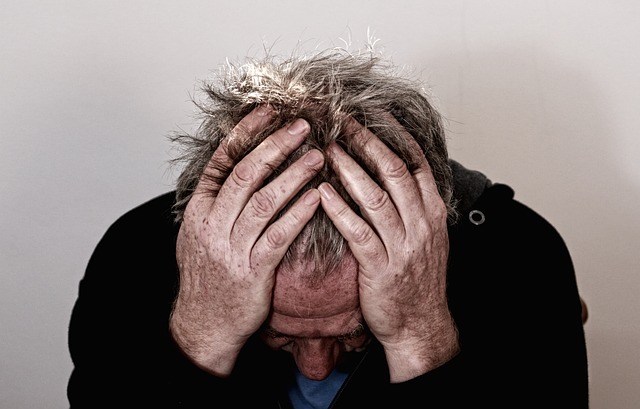How we make our own pain

Let me tell a short imaginal story. An unborn child is in her mother’s womb. She is warm, she hears a regular, reassuring heart beat, hears her mother’s voice. All is well.
Then, strange contractions tighten around her body. Before she knows what is happening, she finds itself propelled out of her safe place, and shocked by cold air rushing into lungs. The lights are bright, and there’s lots of noise. Nothing is familiar.
You could say that this child has just experienced her first “existential situation”, her first “OMG” moment, a moment that many of us would happily use expletives to describe.
From here on, she, like pretty much all of us, is on a journey exploring ways to return to that safety, and to avoid the apparent threat all around. As her cognitive abilities develop, so does her ability to perceive a wider range of threats, along with her array of strategies to cope with these threats.
After a while, it seems that, on reaching adulthood, this process seems to slow down. We accept that our strategies for keeping the existential situation at bay have become “good enough” and we start to make do.
For many of us though, we really are just “making do”. We struggle with stress, or anxiety, or lack of purpose. These occur when our strategies for keeping the existential situation at bay are no longer working – or not working well enough.
At this point, we have an important choice: we can just develop new strategies that seem to work better, or, we can really look and explore the situation in which we find ourselves.
If we choose the latter, we find ourselves looking directly at the existential pain, allowing ourselves to feel it. Then, after some acclimatisation, we can start to ask ourselves where the actual danger is. Where is the real threat that we are attempting to avoid?
The more we do this, the more we can come to see that there isn’t really a threat. Even the worst of calamities: death itself, needn’t be a threat – it is just a natural part of life. As we start to see through our old habitual strategies, see that as useful as they once were, they really aren’t necessary anymore (or more truthfully, they never really were necessary), the greater the sense of freedom we can experience. Life becomes simpler. With this simplification, much of the pain that we were once causing ourselves becomes unnecessary. What a relief that can be!